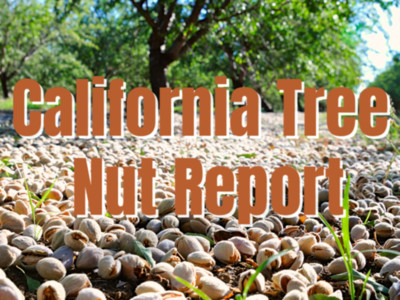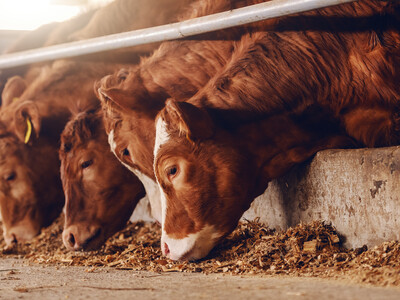Winterizing Cattle
Magic Valley.com recently published an article advising ranchers to take steps against the potential havoc that cold temperatures can bring to cattle. An important aspect is making sure animals have the necessary vaccinations.Cattle are coming in from pasture and the cows and calves will be separated. Some will be retained for breeding stock and others will be sent to feedlots.
“Weaning the calves is stressful for them,” said Dr. Sarah Jacobsen of Blackfoot Animal Clinic in Blackfoot. “They are especially susceptible to pneumonia. It’s highly contagions. One sick calf could infect 50 others. It’s important to make sure their immune systems are ready to handle the stress of weaning.”
Fortunately, there are vaccinations to protect cattle from respiratory infections and other health problems.
“The cattle are going to need eight-way and respiratory vaccinations,” Jacobsen said. “You have them up because you’re preg-checking them anyway.”
Some ranchers buy their own shots and wormer and give them to the cattle at that time. Others have the vet do it while they are there, Jacobsen said.
Jacobsen also recommends providing a loose mineral supplement.
“We are mineral-deficient in this area for zinc, copper and selenium so those pregnant cows and weaned calves really need the help,” Jacobsen said. “I see calves born sick and weak because they don’t get the nutrition they need from their mothers. Making a mineral supplement available to the pregnant cows can eliminate that.”
Jacobsen said she prefers loose minerals to mineral blocks.
“The cattle can get what they need right away instead of standing there licking a block for two hours,” she said. “Both loose minerals and blocks are available and fairly inexpensive at local feed stores. I like the loose minerals for horses, too.”
She said horses have a harder time than cattle switching them from pasture to hay.
“I see a lot of colic cases in the fall when horses come off pasture, which is very high moisture, and (they) go to hay, which has a very low percent of moisture,” Jacobsen said. “It is very important to make sure horses have available and attractive sources of water at this time and all winter long.”
The horse needs to have adequate moisture to keep feed moving through the digestive tract, she said.













